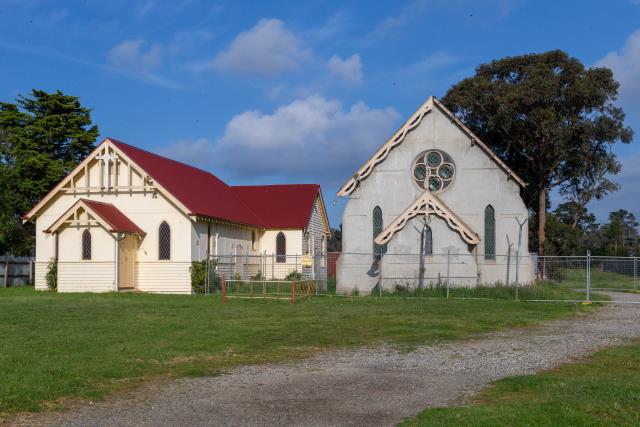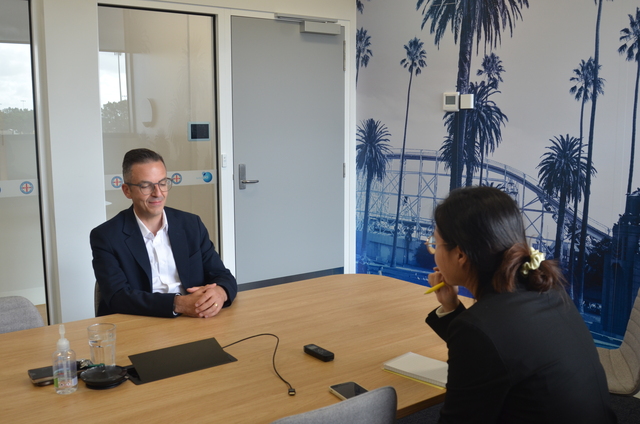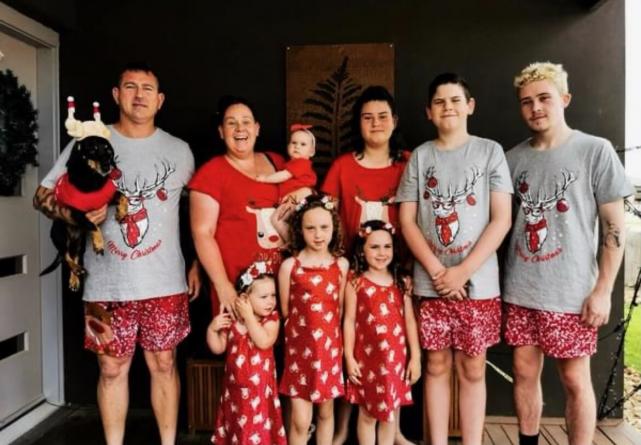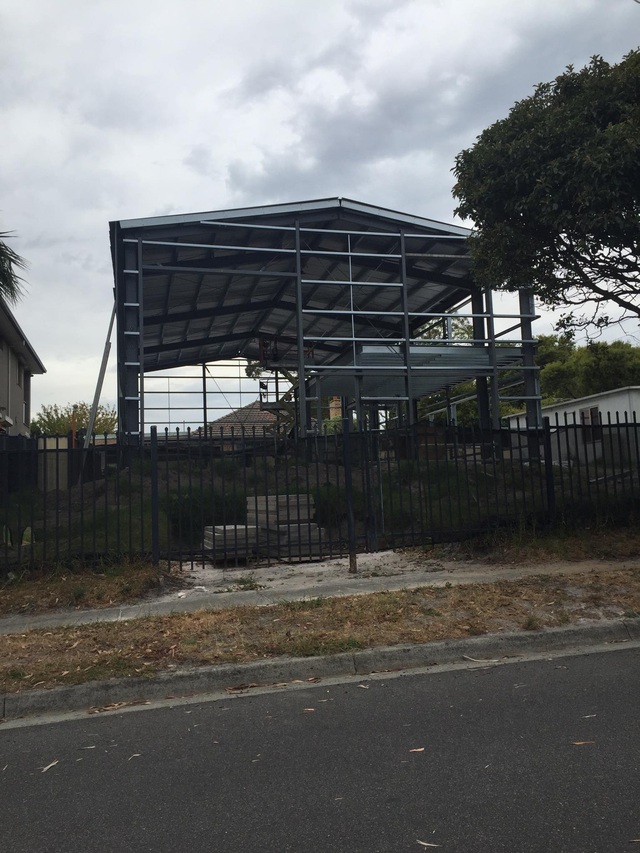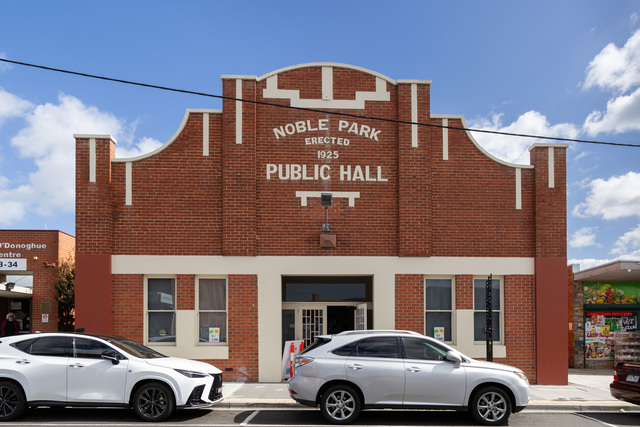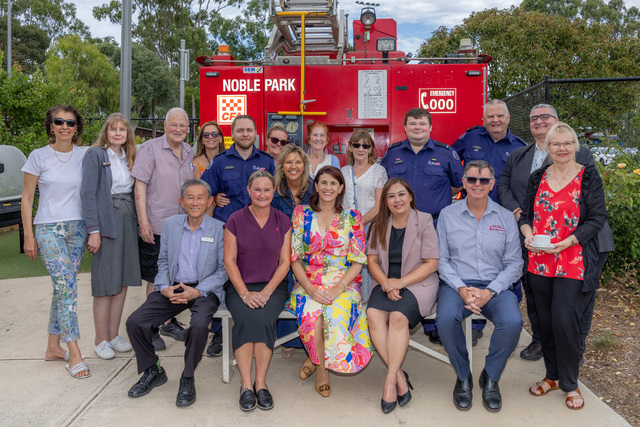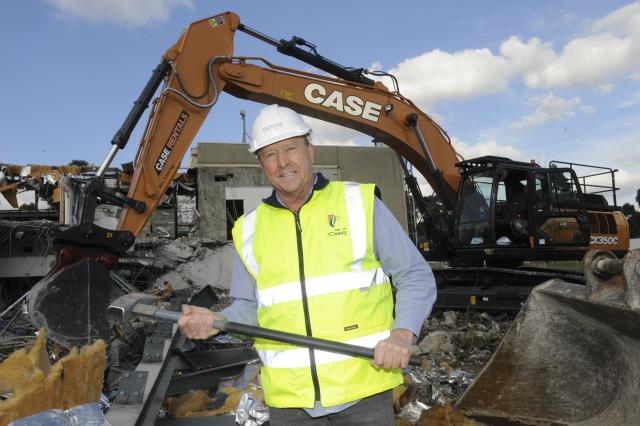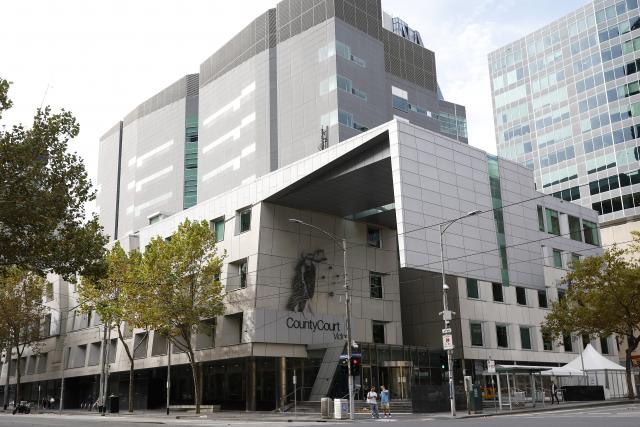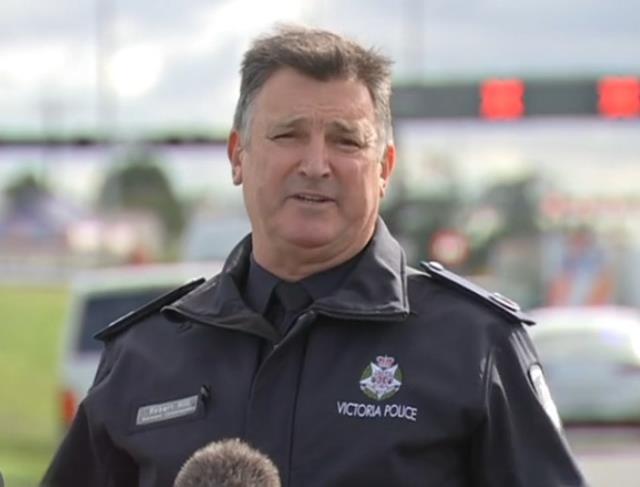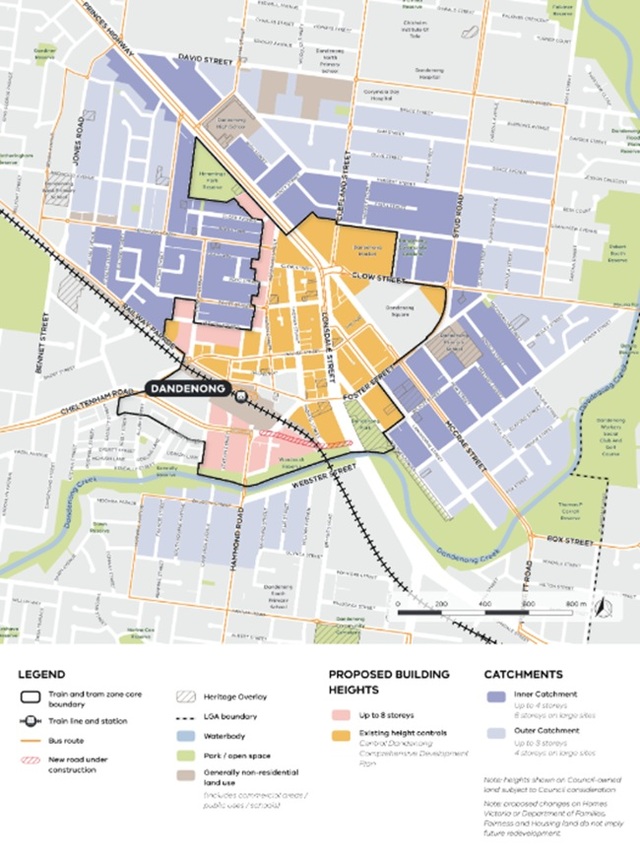By CAM LUCADOU-WELLS
A WIDOW has blasted the health department’s response to coronial findings into her 52-year-old husband being killed by an acute mental health patient who had just been discharged from Casey Hospital.
“I don’t think they acknowledged that if (the killer) had … instead remained an inpatient in a step down area, my husband would still be alive today,” said the woman – who cannot be identified due to a Coroner’s Court order.
“My husband was murdered by a person who had been unwell and was still unwell when he was discharged home from hospital”
The victim was found by State Coroner John Olle in July to have died from multiple injuries and immersion in a home swimming pool in Narre Warren on 25 January 2009.
The perpetrator had been released as an involuntary patient from Casey Hospital on 16 January after taking his parents hostage in a seven-hour siege two weeks earlier.
He is serving eight years’ jail for the victim’s manslaughter – though he is eligible for parole this year.
In his report, Mr Olle said the care by Monash Health staff was “not unreasonable or inappropriate” in the circumstances but “hindsight has revealed poor clinical decisions were made”.
“Sadly, there is a marked over-representation of persons who suffer serious mental health illness in the commission of serious crime, including homicide, in Victoria.”
He recommended establishing therapeutic recovery or step-down units for acute-care patients before releasing them into the community.
“In general medicine, it would be unacceptable if a patient was discharged into the community from an intensive care unit.
“Why is it not equally unpalatable in a mental health setting?”
In a formal response to Mr Olle’s findings, Department of Health and Human Services acting secretary Kym Peake stated that a person’s best chance for recovery included community and home based treatment.
She said Prevention and Recovery Centre beds operated mainly as voluntary, step down care for patients for up to 30 days.
Since the victim’s death in 2009, PARC beds had increased from 90 to 230 with 18 more in the pipeline.
The government had started a 10-year strategy to respond to the “challenging” and “significant” high demand for mental health services, Ms Peake wrote.
Mr Olle also recommended access to specialist forensic psychiatrists – the absence of which made clinical decision making “extremely difficult” in this case.
Ms Peake wrote that an expansion of forensic mental health services had started in 2014.
A health department spokesman said the Mental Health Act 2014 did not have the legislative power to compel people to reside in sub-acute treatment facilities.
The victim’s widow said Victorian hospitals still did not have enough acute psychiatric beds and that the state had the lowest number per capita.
“I fear another person will be killed if we don’t make changes.
“Will it be similar to what has happened within our parole system that more people have to die before the public outcry becomes so loud that the government will finally listen?”




